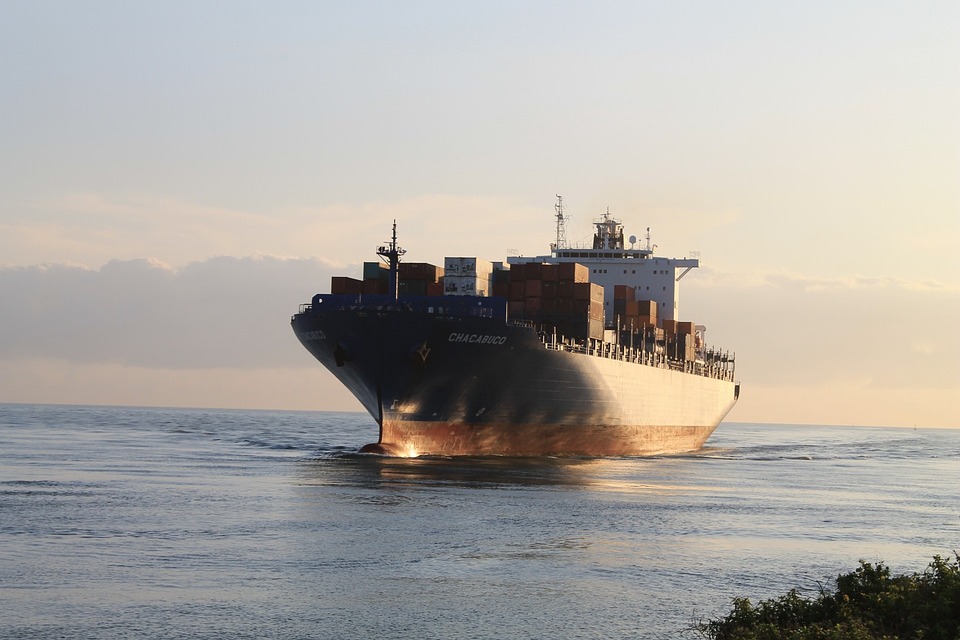Breaking Barriers: How Emerging Markets are Breaking Boundaries in Trade and Finance
Emerging markets have been driving global economic growth for decades, but in recent years, they have also been breaking boundaries in trade and finance. These markets, which include countries such as China, India, Brazil, and South Africa, are increasingly playing a more significant role in the global economy and reshaping the landscape of international trade and finance.
This article will explore the key factors driving the emergence of these markets, the challenges they face, and the opportunities they offer for global trade and finance. It will also address common questions about the impact of emerging markets on the global economy and what it means for businesses and investors.
Factors Driving the Emergence of Emerging Markets
Several factors have contributed to the rise of emerging markets as major players in the global economy. One of the most significant factors is the rapid pace of industrialization and urbanization in these countries. As their populations grow and become more urbanized, the demand for goods and services has increased, creating new opportunities for trade and investment.
Additionally, improvements in infrastructure, technology, and education have enabled emerging markets to become more integrated into the global economy. This has facilitated the flow of goods, services, and capital across borders, making it easier for businesses in these markets to access international markets and for foreign investors to invest in their economies.
Furthermore, the rise of a new generation of entrepreneurs and innovators in emerging markets has driven the growth of new industries and technologies. These countries are increasingly becoming centers of innovation and production, attracting attention from global companies and investors.
Finally, government policies and economic reforms have also played a crucial role in the emergence of these markets. Many emerging market governments have implemented economic reforms to liberalize their economies, reduce trade barriers, and attract foreign investment, leading to significant improvements in their business environments and economic growth.
Challenges and Opportunities
While the emergence of emerging markets has created significant opportunities for global trade and finance, it has also brought about challenges. One of the most pressing challenges is the volatility and uncertainty that comes with investing in these markets. Political instability, regulatory changes, and currency fluctuations are all common in emerging markets, making it difficult for businesses and investors to navigate these environments.
Another challenge is the infrastructure gap. While there have been significant improvements in infrastructure in many emerging markets, there is still a long way to go before they can match the infrastructure of developed economies. This can create logistical challenges and increase the cost of doing business in these markets.
Despite these challenges, the opportunities presented by emerging markets are too significant to ignore. These markets offer access to large and rapidly growing consumer bases, abundant natural resources, and low-cost labor, making them attractive destinations for businesses and investors looking for new growth opportunities.
Furthermore, emerging markets are increasingly becoming hubs for innovation and technological advancement, creating opportunities for collaboration and partnership with global companies and investors. The rise of digital platforms and e-commerce has also made it easier for businesses to reach consumers in these markets and conduct cross-border trade and finance transactions.
Impact on the Global Economy
The emergence of these markets has had a significant impact on the global economy. They have become major sources of economic growth, investment, and trade, driving demand for goods and services from around the world. They have also become key players in global supply chains, influencing the manufacturing and production of goods across different industries.
Moreover, the rise of emerging markets has led to the reform of international financial institutions and the creation of new regional and global trade agreements. These markets have become influential players in shaping the rules and regulations of international trade and finance, challenging the dominance of traditional economic powers.
As a result, the global economic order is shifting, with emerging markets playing a more prominent role in shaping the future of the global economy and trade. This presents both opportunities and challenges for businesses and investors, as they navigate the new dynamics of the global marketplace.
FAQs
Q: How are emerging markets impacting global trade and finance?
A: Emerging markets are becoming major sources of economic growth, investment, and trade, driving demand for goods and services from around the world. They are also influential players in shaping the rules and regulations of international trade and finance, challenging the dominance of traditional economic powers.
Q: What are the challenges of doing business in emerging markets?
A: Some of the challenges include political instability, regulatory changes, currency fluctuations, and the infrastructure gap. These factors create volatility and uncertainty, making it difficult for businesses and investors to navigate these environments.
Q: What are the opportunities presented by emerging markets?
A: These markets offer access to large and rapidly growing consumer bases, abundant natural resources, and low-cost labor. They are also becoming hubs for innovation and technological advancement, creating opportunities for collaboration and partnership with global companies and investors.
In conclusion, the emergence of emerging markets has transformed the global economic landscape, driving growth, investment, and trade. Despite the challenges they face, these markets present significant opportunities for businesses and investors looking for new growth opportunities and partnerships. As they continue to break boundaries in trade and finance, the influence of emerging markets on the global economy will only continue to grow.




